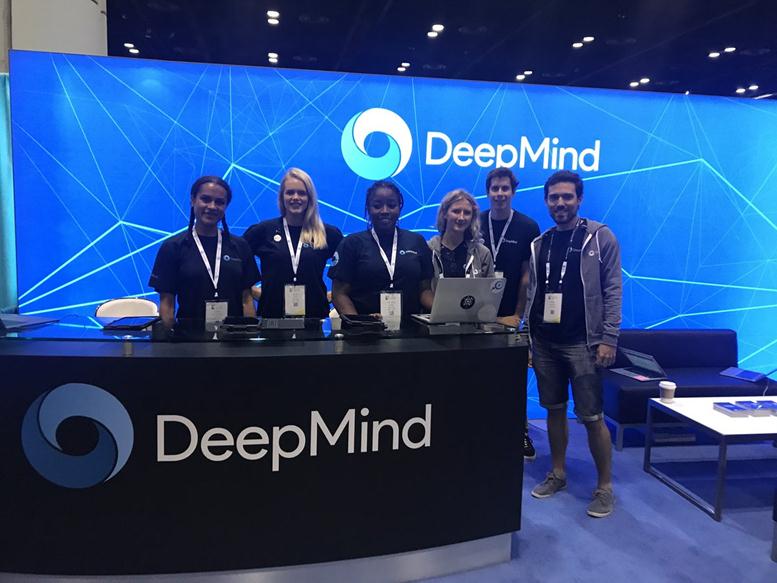The Chinese game of Go can prove challenging to even the most experienced strategist. For Google’s (NASDAQ:$GOOGL) DeepMind project, however, it’s a breeze.
The AlphaGo program, developed by the DeepMind division, has already defeated two of the best Go players in the world. It honed its strategic mind by studying data from thousands of games played by human players.
However, AlphaGo Zero, the second iteration of the project, began in a much more relatable way; it was simply given a game board and the rules.
Within 72 hours, AlphaGo Zero went 100 and 0 with its predecessor.
According to Demis Hassabis, DeepMind’s chief executive, the fundamental system could be applied to scientific research.
Hassabis said, “We’re quite excited because we think this is now good enough to make some real progress on some real problems even though we’re obviously a long way from full AI.”
South Korea’s leading Go player Lee Se-dol went toe to toe with the artificial Go prodigy last year. He lost, four games to one. In May, the AI took on the world’s number one Go player, China’s Ke Jie, and won.
What makes this feat even more impressive is the strategic depth of Go itself. The game, which dates back several thousand years to Ancient China, uses a grid and black and white stones. The objective of the game is to surround your opponent’s pieces. However, the simplicity hides a secret complexity; at any given time there are at least 200 moves, compared to only 20 in Chess. Most players must rely on instinct to simply figure out who is winning.
David Silver, the leader of the project, pointed out how different their approach was with AlphaGo Zero.
“The new version starts with a neural network that knows nothing at all about the game of Go,” he explained, “The only knowledge it has is the rules of the game. Apart from that, it figures everything out just by playing games against itself.”
The approach worked. Their first iteration, AlphaGo, took months to fully develop its skills, whereas AlphaGo Zero outplayed its older sibling in a matter of days, and notably, with much less processing power.
“It shows it’s the novel algorithms that count, not the computer power or the data,” said Silver, “We’ve actually removed the constraints of human knowledge and it’s able, therefore, to create knowledge itself from first principles, from a blank slate.”
Most of the team has moved on to new projects, with Hassabis moving into a possible project in drug design or material research. Despite some critics fear of the technology, Hassabis sees future AI optimistically.
“I hope these kinds of algorithms will be routinely working with us as scientific experts medical experts on advancing the frontiers of science and medicine – that’s what I hope.”
Featured Image: twitter









